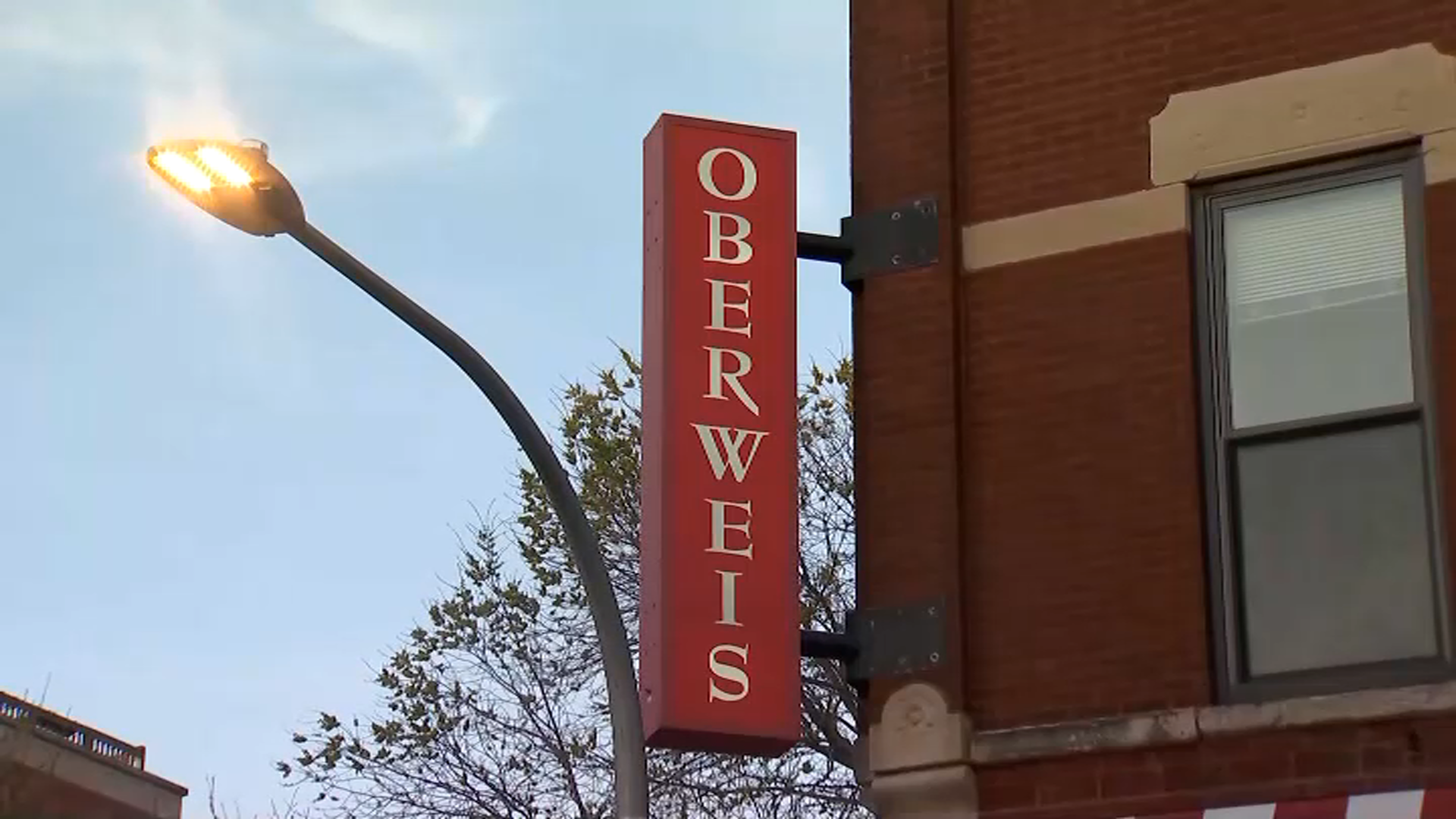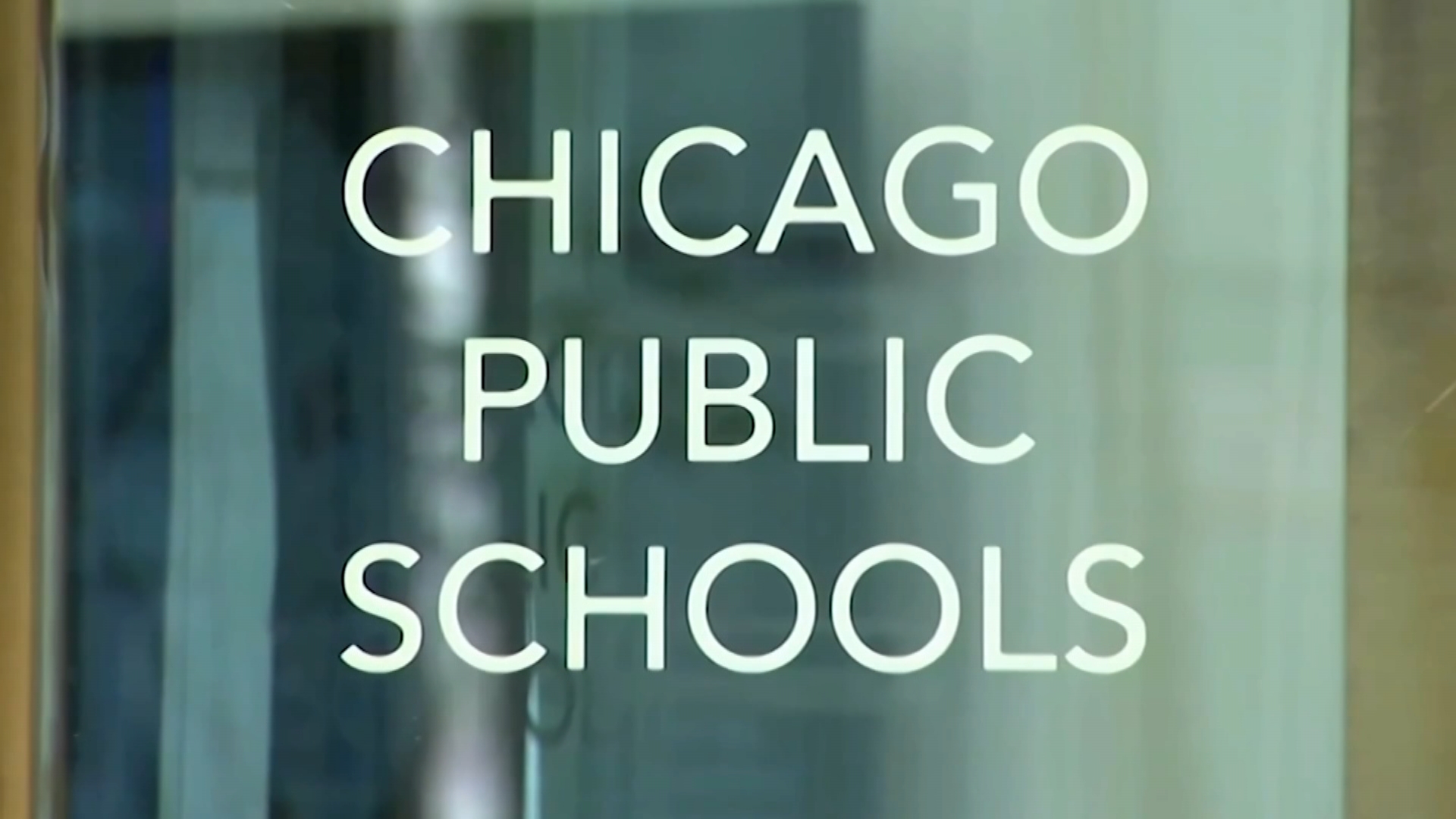As the BA.5 variant continues its dominance and spread, those who contract COVID may be wondering how long they're contagious, particularly if their symptoms linger.
Chicago's top doctor addressed that question during a Facebook Live Thursday, as she said many people may be experiencing the virus for the first time in this latest wave.
"So generally, at the population level, we have the most concern for people being contagious in the first five days after their symptoms start. That is why you have to stay home for five days," Chicago Department of Public Health Commissioner Dr. Allison Arwady said. "We have the next level of concern for days six through 10, which is why if you're feeling fine at that point we say you can be out and about, but you need to be wearing a mask. The risk at the population level drops significantly after day 10 and that would even include for some people who have lingering symptoms."
Still, Arwady cautioned that those experiencing continued symptoms should contact their health care provider.
Feeling out of the loop? We'll catch you up on the Chicago news you need to know. Sign up for the weekly Chicago Catch-Up newsletter here.
"'If you have concerns about your own personal health, always my recommendation is going to be to talk to your doctor, your health care care provider who knows your whole history. I don't want people thinking, 'Oh, I've had, you know, this terrible chest pain going on for four weeks and it's all related to COVID.' Like, go see your doctor if something doesn't seem right," she said. "But if you're mostly feeling well, especially if what is still kind of lingering is a cough... cough tends to be the last thing to go away after any virus. It is unlikely that you are still spreading disease, you know, out two weeks later."
The latest guidance from the Centers of Disease Control and Prevention recommends people who contract COVID-19 isolate for at least five days, followed by five days of strict mask use.
Local
Generally, a person with COVID-19 is considered infectious starting two days before they develop symptoms, or two days before the date of their positive test if they do not have symptoms, according to the CDC. Even with the latest subvariants, the isolation guidance remains the same.
As long as their symptoms have improved, most people are no longer contagious five days after they first show symptoms.
However, that's not true in all cases.
A recent Boston University study revealed that just 17% of people were likely still contagious six days after their first positive tests. But a University of Chicago Medical Center study published earlier this year contradicted CDC recommendations, finding more than 40% of vaccinated health care workers still tested positive for COVID-19 five to 10 days after their symptoms began.
As a precaution, those out of the five-day isolation window should partake in strict mask use for an additional five days, guidance stated.
According to the CDC, data suggests patients with mild-to-moderate COVID-19 remain infectious no longer than 10 days after symptom onset. Those with severe-to-critical illness stemming from a COVID infection likely aren't infectious 20 days after symptoms first begin.
While some people may choose to take an at-home test for added comfort, Arwady cautioned that using PCR tests likely won't be effective in telling you if you are contagious.
"I want to be very clear that if you go and get a formal test, a PCR test, that can stay positive for weeks sometimes after you've had COVID because it's so sensitive, it can pick up even dead virus, little amounts of virus," she said.
That's why negative tests aren't required to end isolation from COVID, but Arwady noted that "those at-home tasks can give you another level of support."
"If it is negative, that's another piece of information that suggests you're very unlikely to be contagious at that point. So, you know, no test is 100% just like no vaccine is 100%, but those tests are pretty good."
Even still, some health experts are warning that reinfection can occur even faster with the latest variants.
"We don't know know exactly how soon, but people have been recorded to get the infection as soon as four weeks after having a previous infection," said Dr. Sharon Welbel, director of hospital epidemiology and infection control at Cook County Health.
Welbel said that current reinfections could be related to either waning immunity from a previous infection or from vaccinations, depending on if a person has had a booster shot and when. For that reason, Welbel said it's possible some could contract the virus again even earlier than one month post-infection.
"It could even be sooner," she said. "I would think, you know, depending on one's immune system, on their level of antibodies - to either the vaccine or a previous infection - but because, you know, we do not become immune to this from our vaccine or from a previous infection to any of the variants that we have already experienced ... I don't see why somebody couldn't even get it as soon as two weeks later. Have I been seeing that? No. Have I been seeing that talked about? No. But definitely have seen people within a month."



